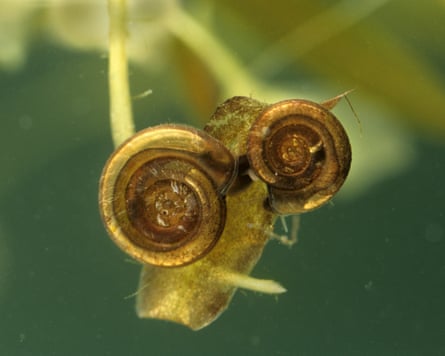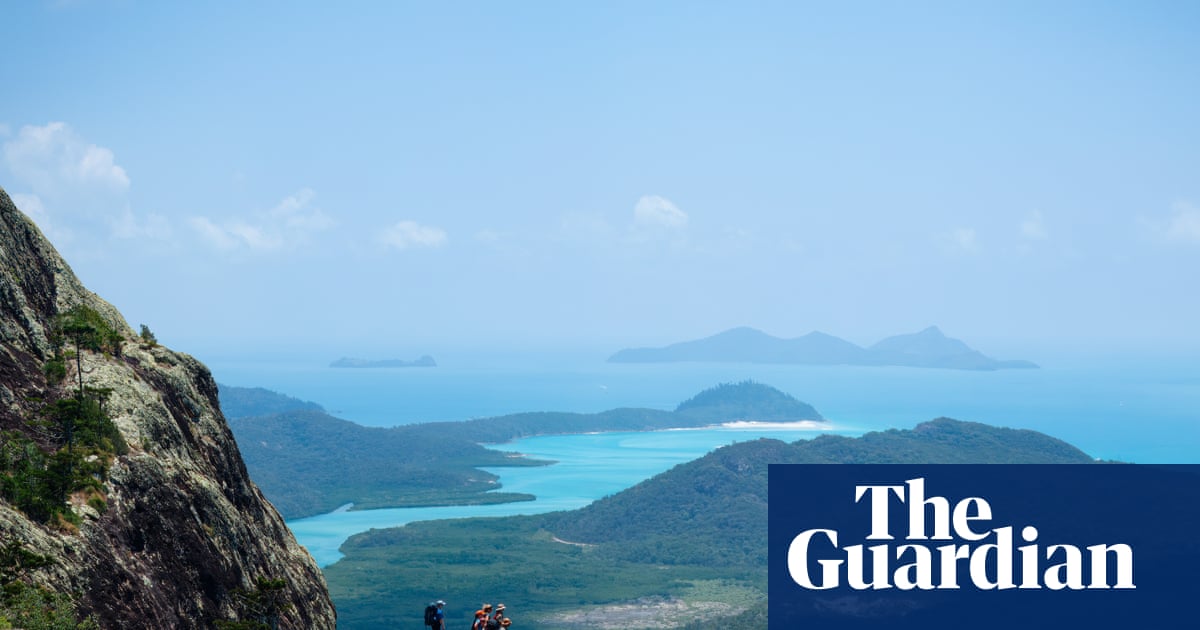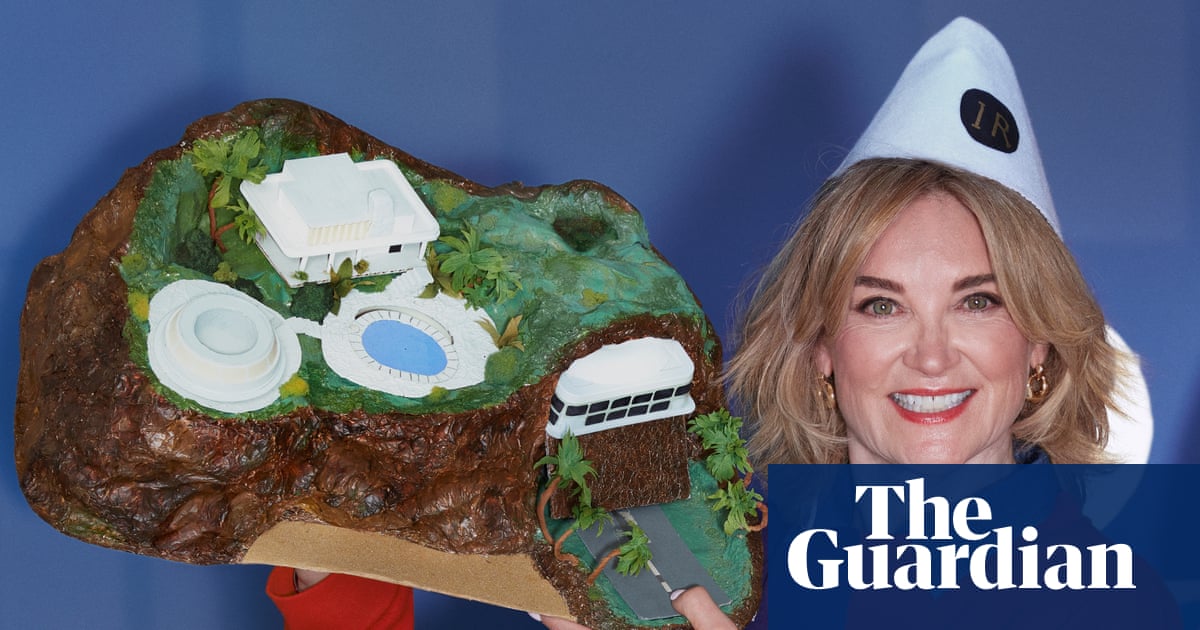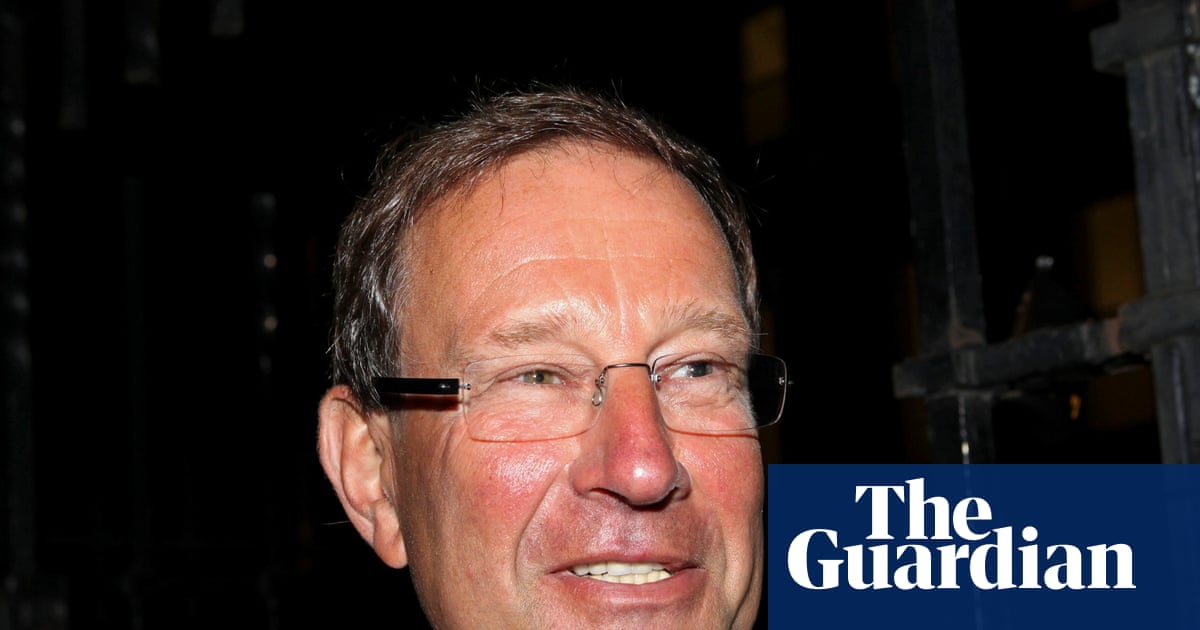Crucial to the government’s war on nature is the “cauldron principle”. If a species is to be blamed for “holding up development”, it must be one you might find in a witch’s cauldron. The culprits are never dormice, otters, water voles, nightingales, turtle doves or orchids, widely considered cute or beautiful. They are bats, newts, snails and spiders.
Bats and newts have been blamed by successive governments for nastily “standing in the way” of growth. In March, Keir Starmer claimed that “jumping spiders” had stopped “an entire new town”. He added: “I’ve not made that example up.” I think you can guess what comes next.
The jumping spiders are among 200 rare invertebrate species living on the Swanscombe peninsula in Kent, officially protected for nature. It also harbours marsh harriers, bearded tits and several scarce plant species. It’s of tremendous importance to local people as a crucial green space. The nature reserve has done nothing to stop Ebbsfleet Garden City from going ahead. What developers were seeking to build on the peninsula was not homes, but a theme park. Boris Johnson’s government, hardly a staunch defender of nature against developers, declared the peninsula a site of special scientific interest, for its wide range of plants, geological features, birds and invertebrates. But Starmer, making it up as he goes along, has reduced the issue to spiders v people.
Last week, the Guardian revealed that the chancellor, Rachel Reeves, boasted to corporate executives that she has “unblocked” a large housing development in Sussex being held up by “some snails … a protected species or something … microscopic snails that you cannot even see”. This bring us to another principle: as the war on nature proceeds, ministers sound ever more like Donald Trump. The very rare little whirlpool ramshorn snail, by no means microscopic, is an indicator of fresh water not affected by sewage pollution: now a scarce habitat in England.
Reeves went on to say: “We’ve got a good relationship with the developer and he brought it to our attention.” What is this relationship? I asked the Treasury, but it pointedly failed to answer the question. What the issue in Sussex is about is excessive water abstraction. The regulator, Natural England, warned that demand from the new development could cut off the water that keeps crucial and highly protected wetlands alive. Collapsing groundwater supplies also severely threaten human wellbeing in south-east England. It proposed that conditions should be met for the development to go ahead. Reeves appears to have swept the conditions away. But that doesn’t sound like such a noble cause as stomping on snails for the sake of people, does it?
Ignorance and philistinism rule. By mentioning only the cauldron species, ministers hope to distance us from nature on behalf of property companies. Like Trump, they don’t even try to disguise their loyalties. Reeves boasted that she hatched the plan to rip down our nature protections over a “smoked salmon and scrambled eggs breakfast” with corporate lobbyists. Starmer told us that his resolve to kick down the planning rules is the result of his “conversations with leading CEOs”.

The planning and infrastructure bill being rammed through parliament is a full-spectrum assault on nature protection, the worst in England in living memory. It was rushed out, without consultation or evidence, under an “urgent measures” procedure, a device usually reserved for a defence or public health emergency. In other words, the government has used another Trumpian gambit to get its way: emergency powers.
The bill will enable developers to bulldoze precious wild places, as long as they pay into a fund that may create alternative habitats or green spaces somewhere else. Irreplaceble ecosystems will be sold for cash. This outrageous measure is even worse than it first appears: a closer reading of the bill shows that the money could be diverted into any form of government spending, from prisons to debt repayments. Alternatively, the payments could be used by Natural England to fund its administration and operations. You don’t need to be clairvoyant to see how that develops: as its funding is steadily privatised, the regulator comes to depend on developers for its survival.
And it gets worse still. Clause 90 enables governments to use “Henry VIII powers” to change any act or law to meet the objectives of the bill without full parliamentary debate: another “emergency” measure that could threaten any remaining protections. Reform UK must be licking its lips.
So why isn’t the country in uproar? Because the big nature groups – the RSPB, the National Trust and the Wildlife Trusts – with their combined membership of 7.5 million, are mute. They accepted a series of government amendments in return for agreeing not to campaign against the bill. They were well and truly conned: they thought the amendments met their demands, but they did no such thing. Now the government has published a truly horrifying set of new amendments to the bill, tearing down even more protections. Still, astonishingly, the big groups fail to stir: a striking contrast to the way they responded when Johnson and Liz Truss attempted similar assaults on nature. As Alexa Culver, a planning lawyer at RSK Wilding, and now the leading expert on the bill, remarks, “It’s an extraordinary capitulation.”
after newsletter promotion
But that’s still not the end of it. Because the rushed bill is such an ill-considered mess, the government is now proposing another one. If it goes ahead, it will sweep away our rights under the Aarhus convention to challenge destructive developments, without losing our homes to legal bills.
England urgently needs new homes. But we also need to defend and enhance our remaining ecosystems, and ensure everyone has access to green space, crucial to our physical and mental health. That’s what the planning system is for: to reconcile the need for development with other public needs. But if you listen only to “leading CEOs”, you ensure the country becomes hospitable to capital but inhospitable to wildlife and people.
If you expect voters to thank you for that, you’re in for a shock. We are a nation of nature lovers. If and when the conservation groups at last wake up, we will defend our green spaces and treasured species, cauldron or otherwise, as staunchly as we defend the right of everyone to be well housed. The government is forcing us to choose. But no such choice is necessary.
-
George Monbiot is a Guardian columnist

 3 months ago
109
3 months ago
109

















































